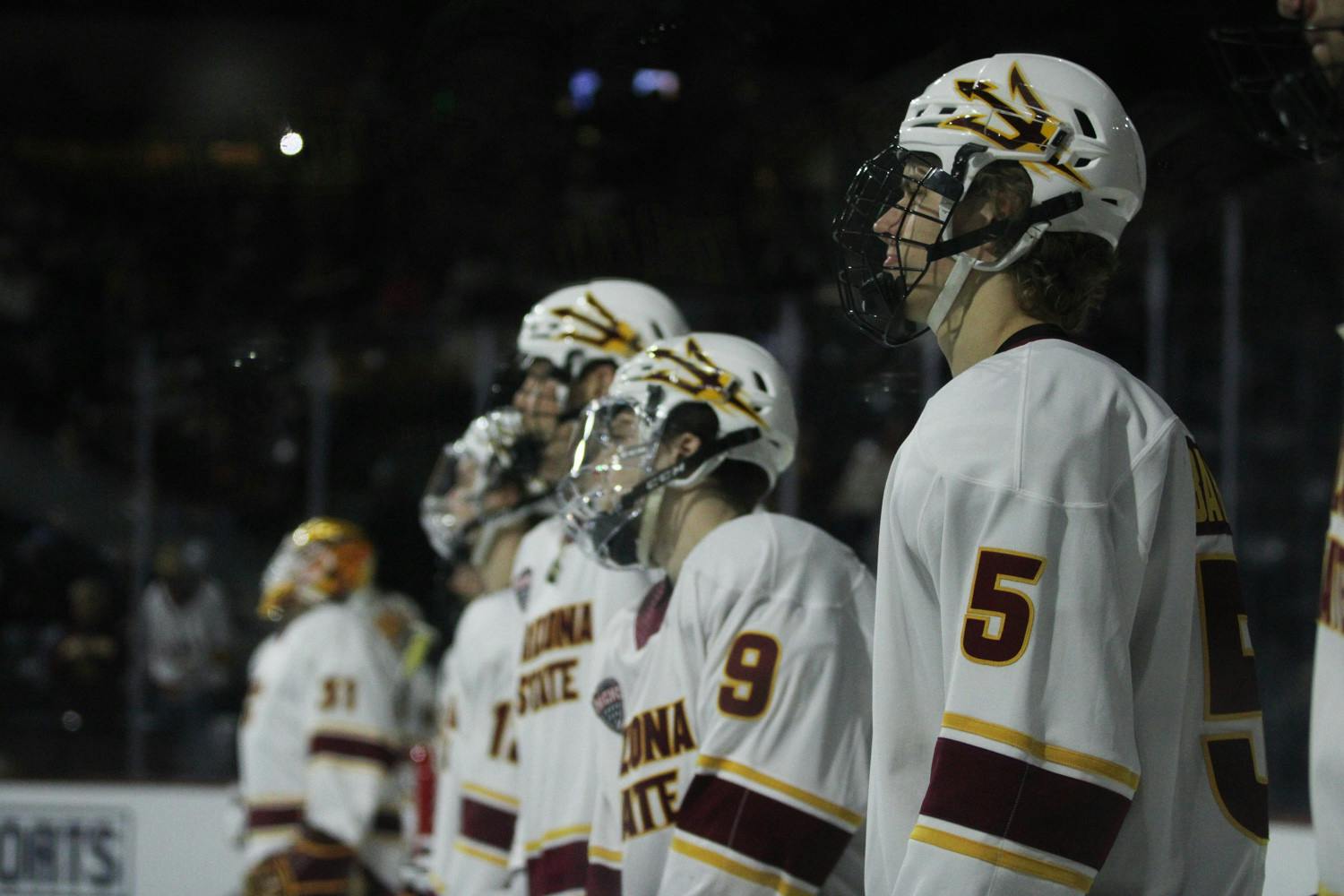Sports fans go to games to cheer on their teams and escape from the chaos of everyday life. Attendees of these sporting events bask in wins and agonize in losses.
Among myriad reasons, the simplicity of being on the winning or losing side makes just going to a game usually an intensely personal and pleasurable experience.
Unfortunately, for economic reasons, sports franchises have decided to make attending games potentially unsettling by diving into the complicated world of religion. And that could take away from a personal and pleasurable experience.
According to USA Today, “Pro teams are increasingly promoting Christian, Jewish and Mormon fan days, because they help drive group ticket sales in a recession.”
For example, the San Francisco Giants are planning Christian and Jewish fan nights. A spokeswoman for the team commented, "We welcome everyone to the ballpark."
But here’s where the rubber meets the road. Sports are what they are because of that very statement: everyone is truly welcome.
It is not about what race, ethnicity, or religion — people identify with the teams playing. That is what brings people to games.
Athletes and observers love sports for that very reason. These divisive identifiers are absent. In our argumentative society, why risk ruining something which brings people together by singling out particular religions to honor?
Case in point: An Oakland A’s Jewish Heritage Night this week drew criticism from the Council on American-Islamic Relations (CAIR). Their argument is simple and valid; if there is a Jewish night, then there should be a Muslim night.
Additionally, the A’s are including yarmulkes for people who buy a ticket for the seats designated for the Jewish Heritage Night.
Thanks to our Constitution and secular society, there is no law that prohibits wearing religious garments in public.
Yet, when a professional sports team gives away such items to draw attendees, one has to wonder if there should be a more distinct line separating sports and religion, as there is separating government and religions.
Remember, stadiums around the country are funded with local municipality money and receive liquor licenses from the state. So, in fact, they can be viewed as entities of the state.
Again, the question of church and state presents itself. Is it really worth the headache for professional teams to answer these complex questions to pick up a few bucks?
Critics will be quick to point out that there are also ethnicity nights, and that the whole point of religious nights is to bring about a better understanding of the religion being honored.
As a spokesman for the A’s said, "Beyond religion it's the same philosophy for any theme day: give fans a chance to enjoy baseball with their group and get together in an environment they may not otherwise choose to.”
However, this is a shortsighted argument. Ethnicity nights do not provoke tensions or raise questions about separating religious activities in a secular event.
Also, bringing people together is one thing, but the A’s are giving out religious items.
When sports teams engage in providing a forum and actually abet religious activities, they become a party to them.
When purchasing a ticket to a sporting event, one does not expect to be presented with a religious atmosphere; sports teams should honor this fact.
As the saying goes, “There is a time and a place for everything.” Our ballparks and arenas are neither the time nor place to discuss religion.
Tell Zach why you pray for your team to win at zlevinep@asu.edu



